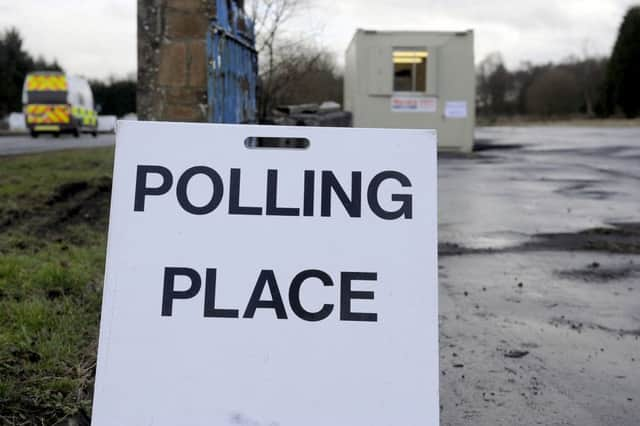Campaigners call for ‘radical’ overhaul of how councils function in Scotland


It follows concerns that voters in Scotland have some of the lowest levels of representation in Europe, with the country’s 32 unitary councils viewed as distant and over-centralised.
The Electoral Reform Society (ERS) will meet with elected representatives in the Capital in the hope of persuading to them to back the concept of “genuinely local government” backed up by citizens’ assemblies.
Advertisement
Hide AdAdvertisement
Hide AdThe proposals involve the creation of new, more localised councils if communities want to have representation at a closer level than existing authorities.
Campaigners say Scotland has just one local representative for every 4,270 people – compared to one in 200 in Austria, one in 400 in Germany, and one in 2,860 in England.
Existing local authorities should become the new “top tier councils”, whose role would enable new, statutorily-empowered community-level councils to function and thrive.
The existing council structure in Scotland dates to 1996 and is widely seen as unsatisfactory. A review of local governance was launched by the Scottish Government in 2017.
Willie Sullivan, director of ERS Scotland, said: “All over the world we are witnessing a crisis in our democratic institutions. When it comes to local government in Scotland, people feel far away from distant and over-sized local authorities, and unable to affect top-down decision making processes that impact their lives and places. We know that this isn’t the only way of organising society, and there is a lot can be done to rebuild communities, places and trust through collective decision making.
“The Local Governance Bill is an opportunity to think and act boldly when it comes to shaping our democratic institutions for the 21st century and putting real power in the hands of communities. We believe Scotland can lead the way and that Scottish councils have an important role to play.
“We look forward to sharing our proposal and hearing from elected members and councillors across Scotland. Their experiences and input is invaluable to this process, as is the opportunity to discuss a vision for the future of local democracy in Scotland.”